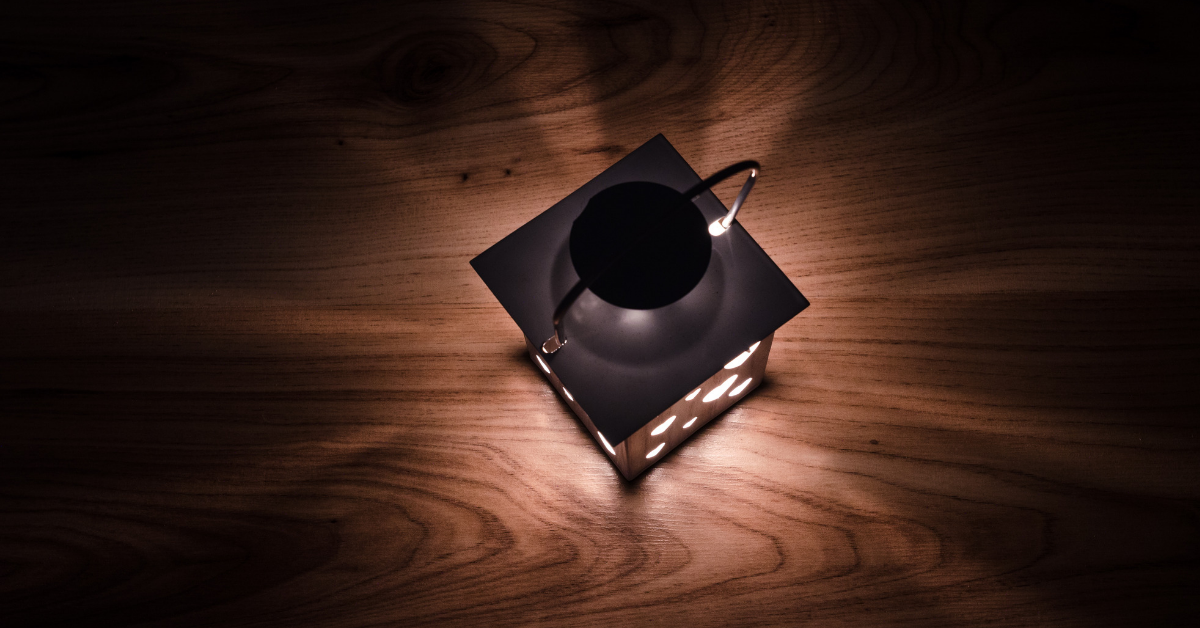With Summer storms and air conditioners working in overdrive during hot days, power outages tend to happen from time to time. Yes, they are inconvenient, but there are a few steps you can take to prepare your family and your home for a summertime power outage.
- Have a supply kit prepared
Keep a few key items in a convenient place (remember, it will probably be dark when you’re trying to access this kit). Include candles and matches or a lighter, a flashlight and batteries. If you want to be really prepared, keep a few water bottles and some non-perishable snacks in the kit as well. - Charge your flashlights or lanterns
If you have some powerful rechargeable light sources, keep them charged at all times, and in a convenient location. Even in a short power outage, it’s handy to have a great light source. - Keep a water source nearby
For longer power outages, you’ll want to have a good source of water. Consider keeping a large jug of water in your home. If you have a large water supply, it may also come in handy during long power outages to keep your toilet in use. - Know what to do
If it’s a hot day, close your doors and windows to help keep your home cool. Cover your windows, leave your fridge and freezer doors closed as much as possible. - Old fashioned family fun
When the lights go out…so do the screens. So have some cards or gameboards nearby so your family can pass the time. Even though power outages are inconvenient, you can take the opportunity to create some memorable family moments (you’ll always remember the time you played your favourite board game by lantern light in your family room). If the power outage takes place during the day, it’s a great reason to go outside to play! Or if it’s really hot, check out your local mall or movie theatre (first to see if they still have power), and then spend some time in the AC to keep cool. - When the power comes back on
If your power was only out for a short time, you should be back to business as usual (aside from resetting a few clocks). If the power was out for a long period of time, check the food in your fridge and freezer. If you have any doubt about whether an item is safe to eat or not, get rid of it. If your home is really warm, try using a fan first to get the air moving, and then turn your AC on at a lower setting (or higher degree) than you normally would so you don’t set it into overdrive.
If you’re concerned about blackouts or longterm power outages, consider purchasing a generator for some backup power.




